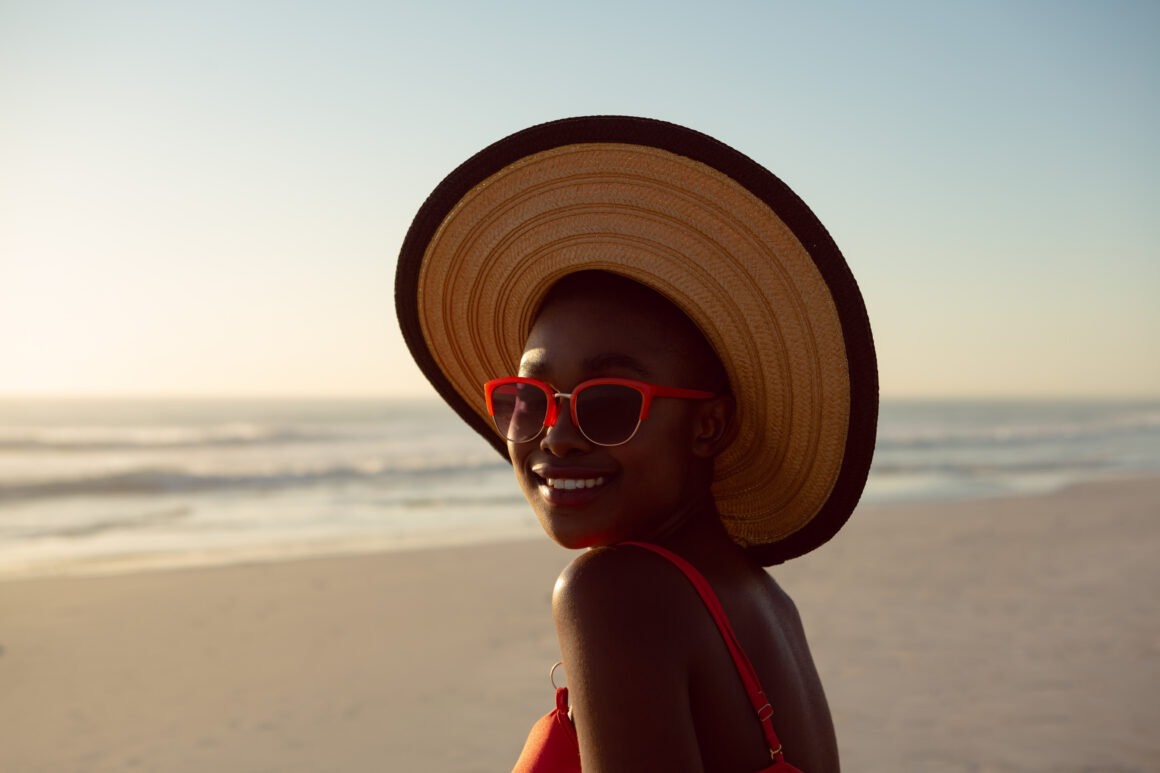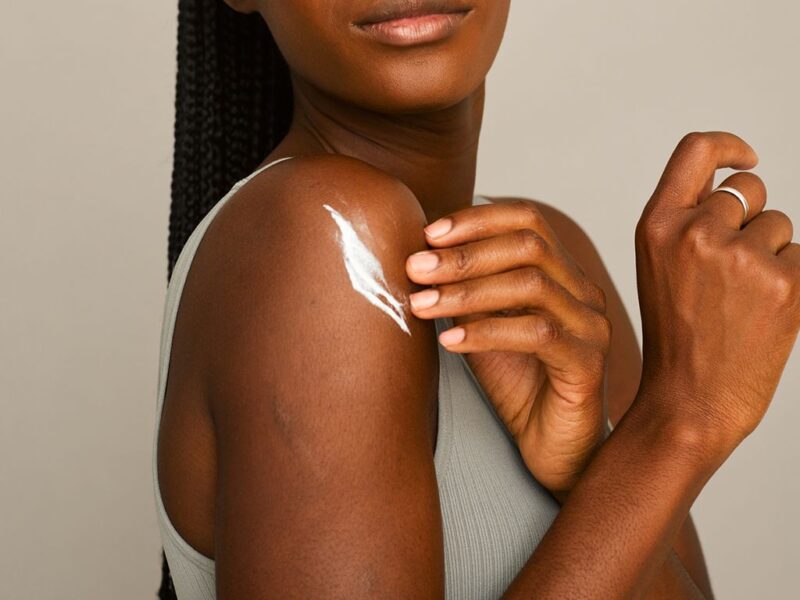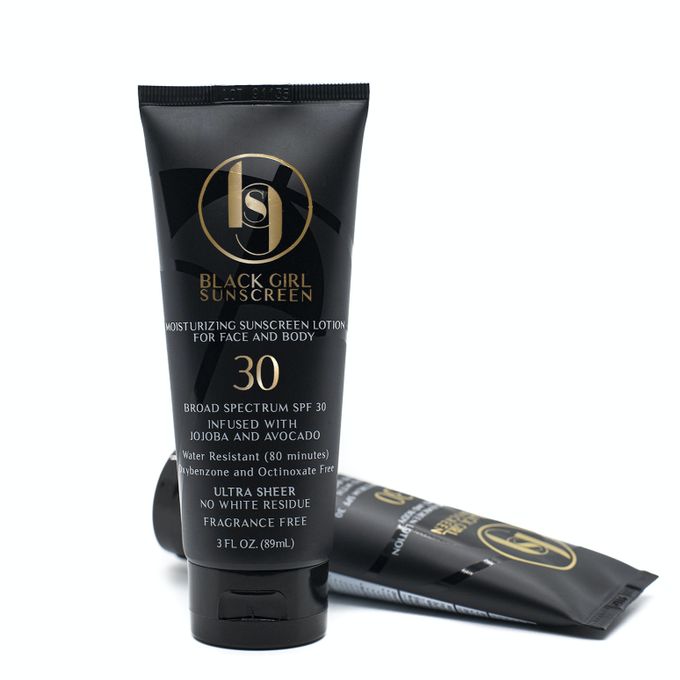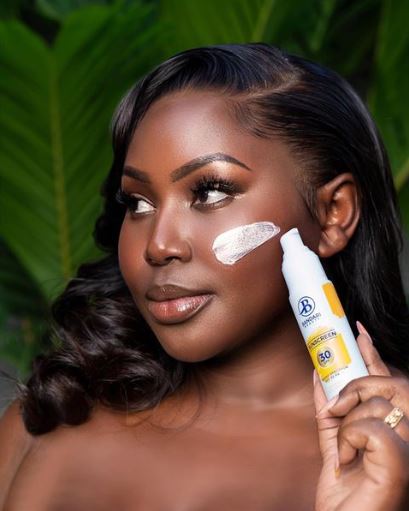Do you take sun safety into account each time you venture outdoors during the warmer months? While a little sunshine now and then can be pleasant for your mood, excess UV exposure is harmful to your skin. Sunscreen is your best defence against skin cancer. According to the Skin Cancer Foundation, not only can sunscreen with an SPF of 15 or higher protect your skin from cancer, but it can also slow down signs of aging. Prolonged exposure to UV rays can lead to various skin concerns, including premature aging, wrinkles, dark spots, and even skin cancer.
The sunlight that reaches us is made up of two harmful rays: long-wave Ultraviolet A (UVA) which penetrates deeply into the skin, causing long-term damage and premature skin aging, and short-wave ultraviolet B (UVB) which is responsible for sunburns. Both types of radiation significantly increase the risk of skin cancer. It’s crucial to recognise the risks associated with UV radiation and take proactive steps to protect our skin from its harmful effects.
Preventing premature ageing
Prolonged sun exposure accelerates the breakdown of collagen and elastin, leading to sagging skin, fine lines, and wrinkles. By incorporating sunscreen into your daily skincare routine, you create a protective barrier that helps maintain your skin’s youthful appearance.
Minimizing hyperpigmentation & dark spots
Hyperpigmentation is a common concern resulting from UV exposure. Sun protection plays a vital role in minimising the appearance of dark spots and uneven skin tone. Regularly applying sunscreen, especially on areas prone to pigmentation like the face, hands, and décolletage, helps prevent the darkening of existing spots and the formation of new ones.
Three key ways to protect yourself from the sun
Wear Protective Clothing
Covering exposed areas of your skin with appropriate clothing provides an additional layer of defence against the sun. Choose lightweight, long-sleeved shirts, pants, and maxi dresses made from tightly woven fabrics that provide better sun protection. Don’t forget to complement your outfit with wide-brimmed hats and UV-blocking sunglasses for added defence.

Seek Shade
Sunscreen is an indispensable part of any sun protection routine. When selecting a sunscreen, opt for a broad-spectrum formula that guards against both UVA and UVB rays. Additionally, ensure it has a Sun Protection Factor (SPF) of 15 or higher. Apply a generous amount of sunscreen to all exposed areas of your body at least 15 minutes before going outside, and reapply every two hours or more frequently if swimming or sweating..
Apply Sunscreen
While avoiding the sun completely may not be practical, minimising direct exposure is essential. Seek shade when the sun is at its peak (typically between 10 a.m. and 4 p.m.) This can involve sitting under an umbrella, or a tree, and wearing a wide-brimmed hat to create a barrier between your skin and the sun’s rays.

What to look out for when buying sunscreen
Broad-spectrum Protection
Look for sunscreens that provide comprehensive coverage against both UVA and UVB rays.
SPF Rating
Choose a sunscreen with an SPF of 30 or higher to ensure adequate protection. Higher SPF values offer increased protection but remember that no sunscreen provides 100% protection, so regular reapplication is still essential.
Water Resistance
If you plan on swimming, select a water-resistant sunscreen that remains effective even when exposed to water.
Expiration Date
Check the expiration date on the sunscreen to be sure of its effectiveness. Most sunscreen products are good for at least 2 to 3 years, but those exposed to heat for prolonged periods may be less effective.

Should people of colour wear sunscreen?
The misconception that dark skin doesn’t require protection from the sun is just that-a misconception! It is actually harder to tell when dark skin has suffered from severe sun damage which is more reason to slather up. People of colour tend to have higher quantities of melanin in their skin, which can offer some additional, but minimal protection from ultraviolet (UV) rays. Melanin absorbs UV light before it can damage the DNA of your skin cells and it acts as an antioxidant by fighting free radicals and lessening the signs of aging. However, dark-skinned individuals can still develop skin cancer, albeit at lower rates than those with fair skin.

Why you should wear sunscreen even on cloudy days
Whether it’s rainy, cloudy, or sunny, wearing sunscreen is essential. Clouds do not block the harmful UVA and UVB rays from penetrating your skin. According to the Skin Cancer Foundation, clouds filter less than 25% of the UV rays that penetrate your skin to cause skin cancer. The cloud cover may give a false sense of security, leading many people to forgo sunscreen but your skin will still absorb a majority of the UVA and UVB rays. It is essential for long-term skin health and effective sun protection to apply sunscreen daily, regardless of the weather.
Skin cancer is a significant concern, and the primary cause is exposure to UV radiation. By understanding the dangers of UV radiation and practicing diligent sun protection habits, such as wearing protective clothing, seeking shade, and applying broad-spectrum sunscreen, you significantly reduce your risk of developing this potentially life-threatening disease. Remember, skin cancer can affect anyone, regardless of skin type or ethnicity, so it’s crucial to make sun protection a non-negotiable part of your daily routine.

